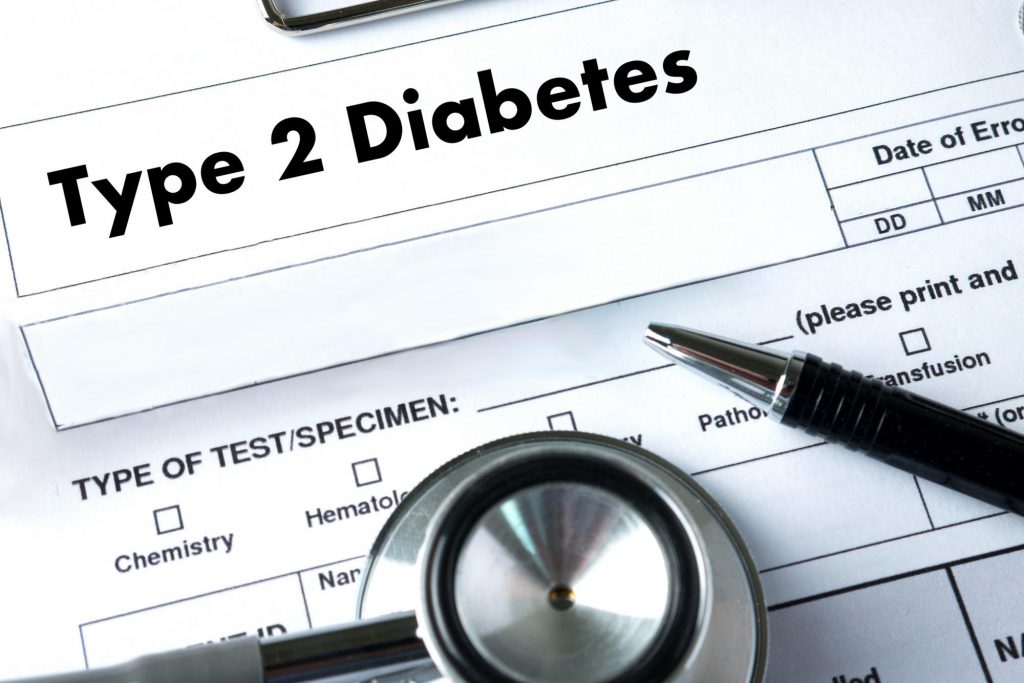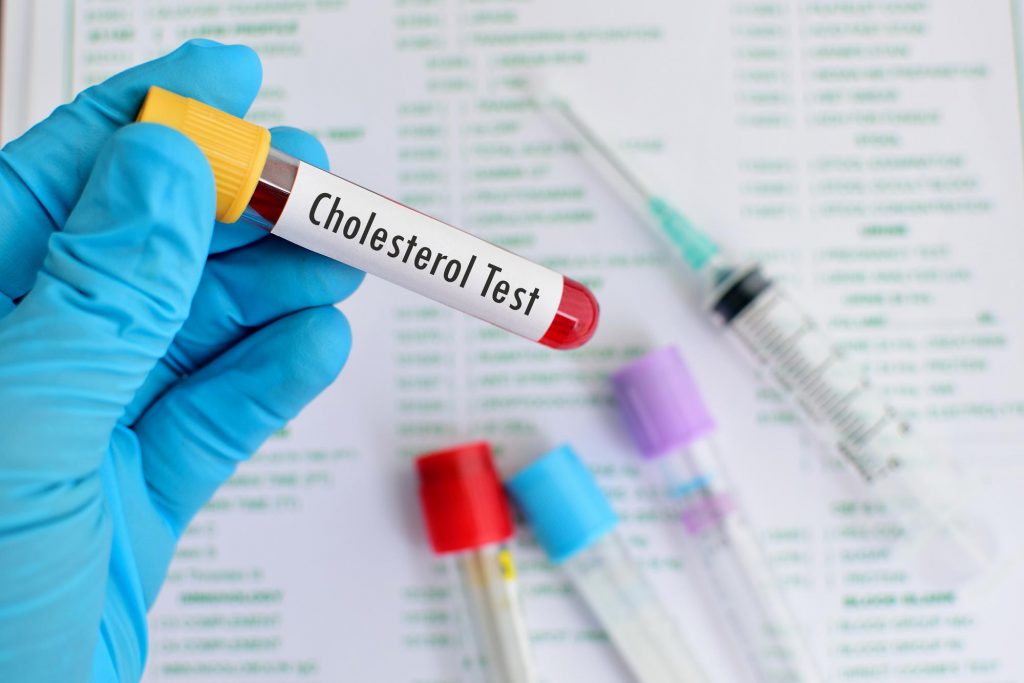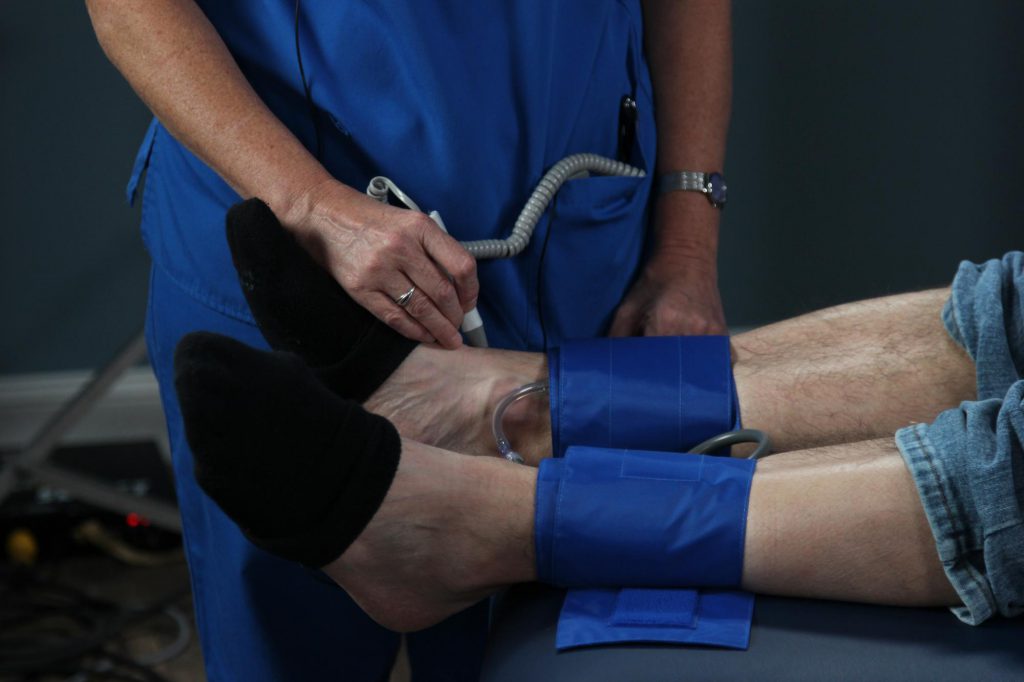Atrial Fibrillation Screening
Atrial fibrillation (Afib) is an irregular heartbeat (also known as arrhythmia) that occurs when the upper chambers of the heart (the atria) do not beat at a regular pace. They quiver, or fibrillate. Because of the heart fibrillation, the heart sometimes does not pump all of the blood out of the atria, and blood can pool, causing blood clots. When blood clots travel to the brain, this can cause a stroke. People who have Afib are 5 times more likely to have a stroke.1 Receiving an Afib test is simple and painless.
About Atrial Fibrillation
About 2.7 million people in the United States are living with atrial fibrillation, and some may not be aware that their heart is beating irregularly. Early on, as a person starts to develop Afib, the fibrillation may come and go. But over time, the irregular heartbeat is likely to become more frequent. 30% of people with Afib experience no symptoms at all, but some people report feeling heart palpitations, dizziness, fatigue, shortness of breath, and chest discomfort.
Electrical activity in the heart enables the upper chambers of the heart (the atria) to beat in sync with the lower chambers (the ventricles), and blood flows consistently and regularly through the heart and out to the body. When arrhythmia (irregular heartbeat) develops, the electrical impulses are chaotic, and blood does not always pump effectively from the atria to the ventricles. If blood starts to pool in the atria, it can clot, and clots can travel to the brain, causing strokes.
An Afib test can detect the presence of Afib, but it is not always possible to determine the cause. There are a few conditions known to cause Afib. Structural damage to the heart can cause atrial fibrillation. Other possible causes include heart attacks or heart disease, high blood pressure, metabolic imbalances, stimulants such as caffeine, congenital heart defects, and sleep apnea. If you have any of these risk factors, you should consider getting an Afib test.
It is important for people with atrial fibrillation to discuss management of their condition with their doctors on a regular basis. He or she will more than likely discuss with you the importance of following a heart healthy lifestyle, which includes a diet low in sodium and fat and high in leafy vegetables and lean meat. You may also be instructed to get moderate exercise, maintain a healthy weight and manage your stress level. If you smoke, it is very important to quit as soon as possible. Your doctor can help you with tools that are now available to help people stop smoking, including medications and even apps that can be downloaded to a smartphone. Additionally, keeping your blood pressure in check and your cholesterol level as low as possible will be important to successfully managing your Afib. If you have diabetes, follow your doctor’s instructions carefully, especially your medication regimen.
Atrial fibrillation can have several serious complications, the most common being stroke. Afib causes a heart to not empty completely of blood, and blood can pool and clot. These clots can travel to the brain and slow or stop blood flow to the brain, causing a stroke. As stated above, people who have Afib are 5 times more likely to have stroke.1 Additional complications include heart failure and heart attack. Some studies have indicated that Afib can also cause cognitive decline because of decreased blood flow to the brain.
IS AFIB LIFE-THREATENING?
Afib isn’t necessarily life-threatening in and of itself, but it can lead to serious complications, the most common being a stroke. Additional complications of afib include heart failure and heart attack. Some studies have indicated that Afib can also cause cognitive decline because of decreased blood flow to the brain. That’s why it’s important to get a screening, especially if you have cause for concern.
Afib Screening Details
The 6-lead EKG designed to identify Atrial Fibrillation conducted by Life Line Screening is painless, non-invasive, and does not require the removal of any clothing. While you are lying on your back, EKG electrodes are attached to the wrists and ankles and a reading is taken of the electrical activity of the heart. A trained technician will review the readout from the EKG and determine if an irregular heartbeat is occurring during the screening. Your test results letter will indicate if your screening is normal or abnormal, and will recommend that you follow up with your personal physician if needed.
Warning Signs of Atrial Fibrillation
Not everyone experiences Afib symptoms, even if they have periodic Afib. These warning signs should be brought to your doctor’s attention; they will help your doctor determine if you could benefit from an Afib test.
- Heart palpitations
- Lack of energy
- Lightheadedness
- Confusion
- Chest discomfort
- Shortness of breath, even at rest
Who is an Atrial Fibrillation screening for?
Atrial fibrillation screening is recommended for all adults age 50+, and adults age 40+ who have any of these additional risk factors:
- Diabetes
- High Blood pressure
- Coronary artery disease
- Smoking
- Overactive thyroid
- Heavy alcohol or caffeine consumption
- Obesity
- Sleep apnea
Risk Factors for Atrial Fibrillation
The risk for developing atrial fibrillation is higher among people who have:
- high blood pressure
- coronary heart disease, heart defects, or heart failure
- rheumatic heart disease or pericarditis
- hyperthyroidism
- obesity
- diabetes or metabolic syndrome
- lung disease or kidney disease
- sleep apnea
- a family history of Afib
Ages
All adults age 50+, but those age 40+ should also be screened if they have any of the risk factors in the list above, or a history of atrial fibrillation in their family.
Frequency
People at risk for developing atrial fibrillation can benefit from having a screening annually, or more often if their doctor directs them to.
Frequently Asked Questions:
Yes, especially early on when Atrial fibrillation first develops. Over time, Afib starts to occur more frequently and for some, it can become constant, requiring treatment.
Atrial fibrillation can create a different sensation depending on the person, but it is commonly described as the feeling of missing a heartbeat, followed by a dull thud or thump, and then an increased heart rate for an extended period. It can also feel like palpitations or fluttering.
Afib can lead to complications, such as blood clots forming in the heart. These clots could circulate to other organs and cause blocked blood flow. People who have atrial fibrillation are 5 times more likely to have a stroke.
Relevant Tests
1 NIH: National Heart, Lung, and Blood Institute, https://www.nhlbi.nih.gov/health-topics/high-blood-cholesterol
2 Harvard Health Publishing, Making sense of cholesterol tests, https://www.health.harvard.edu/heart-health/making-sense-of-cholesterol-tests


